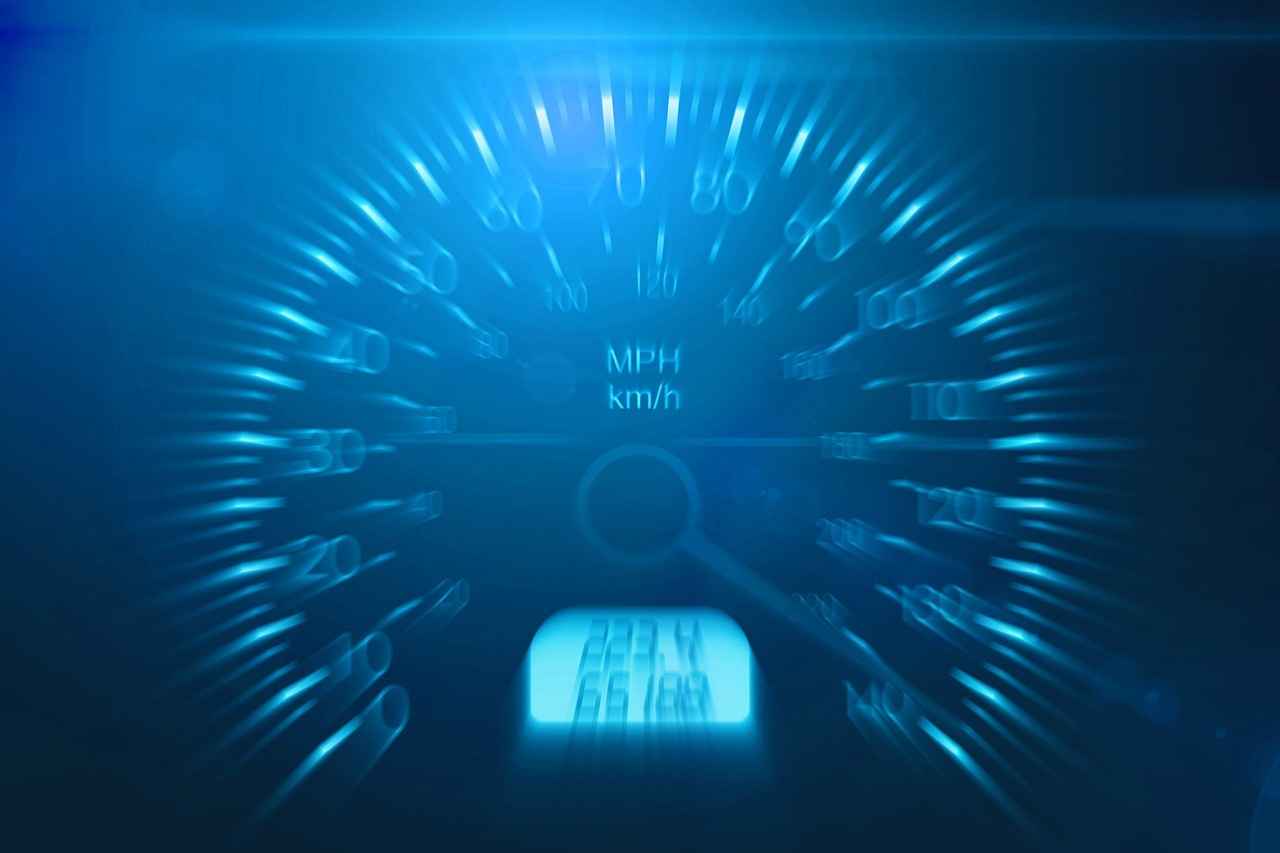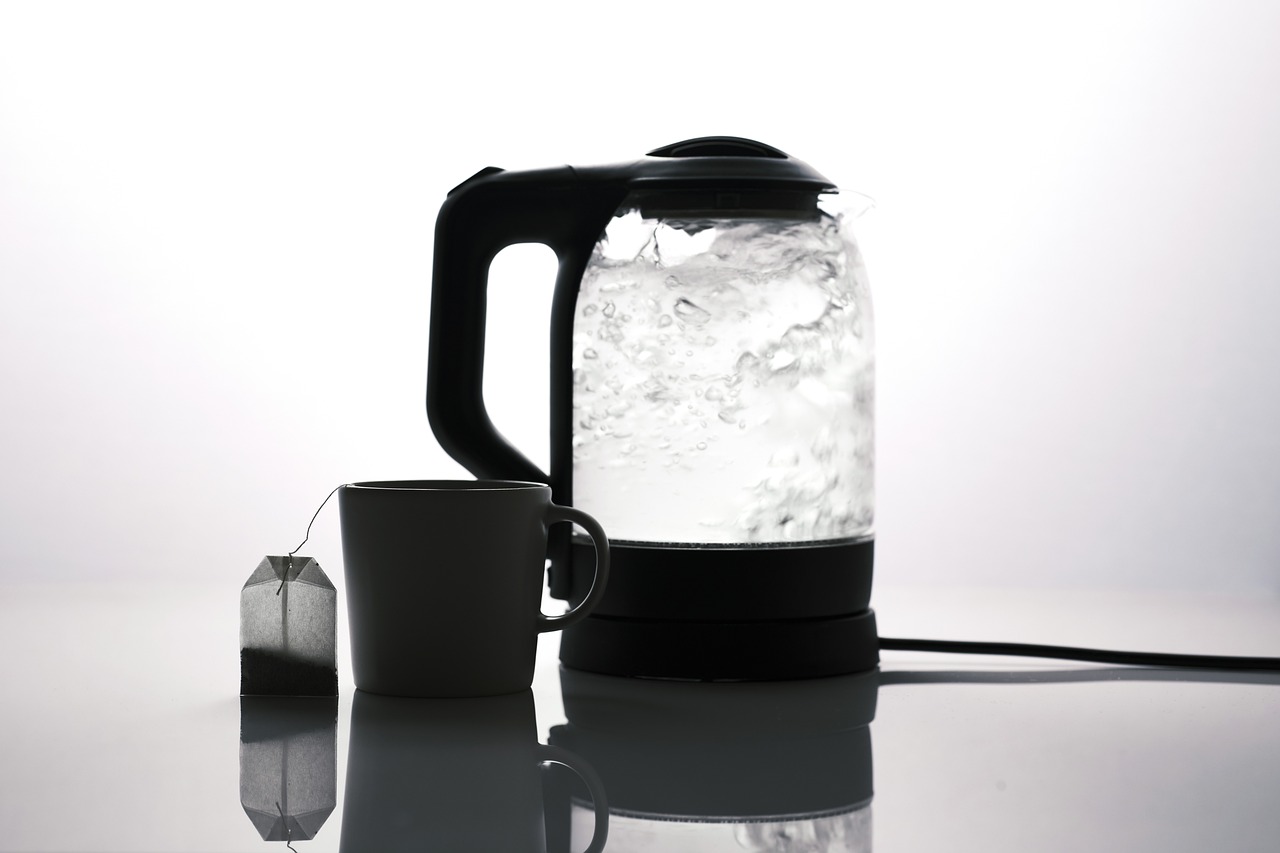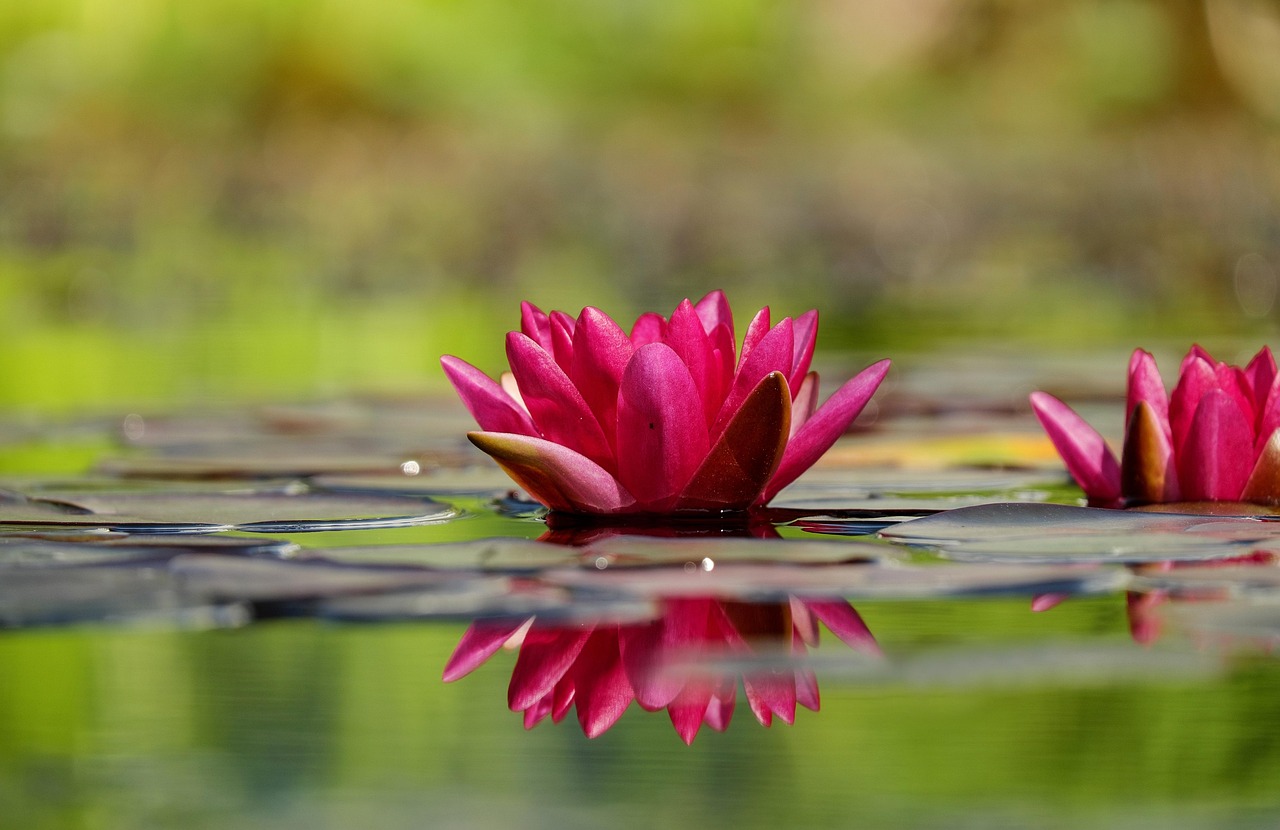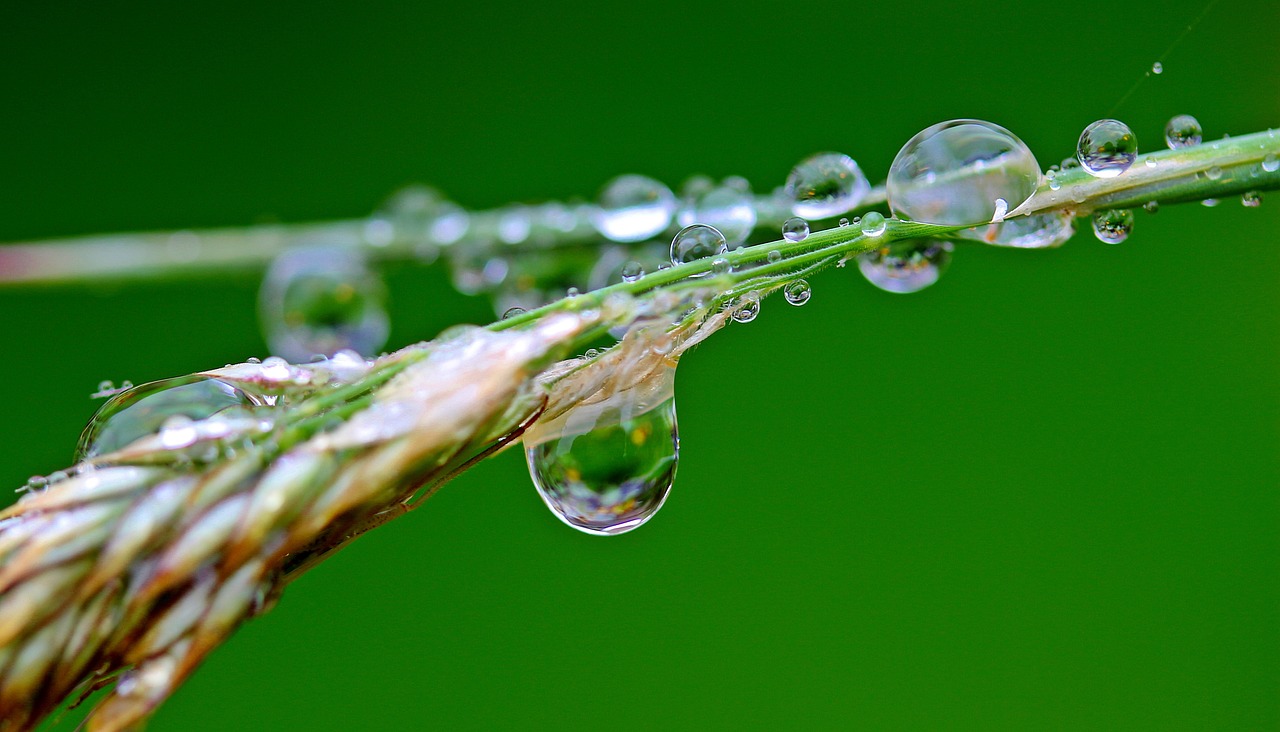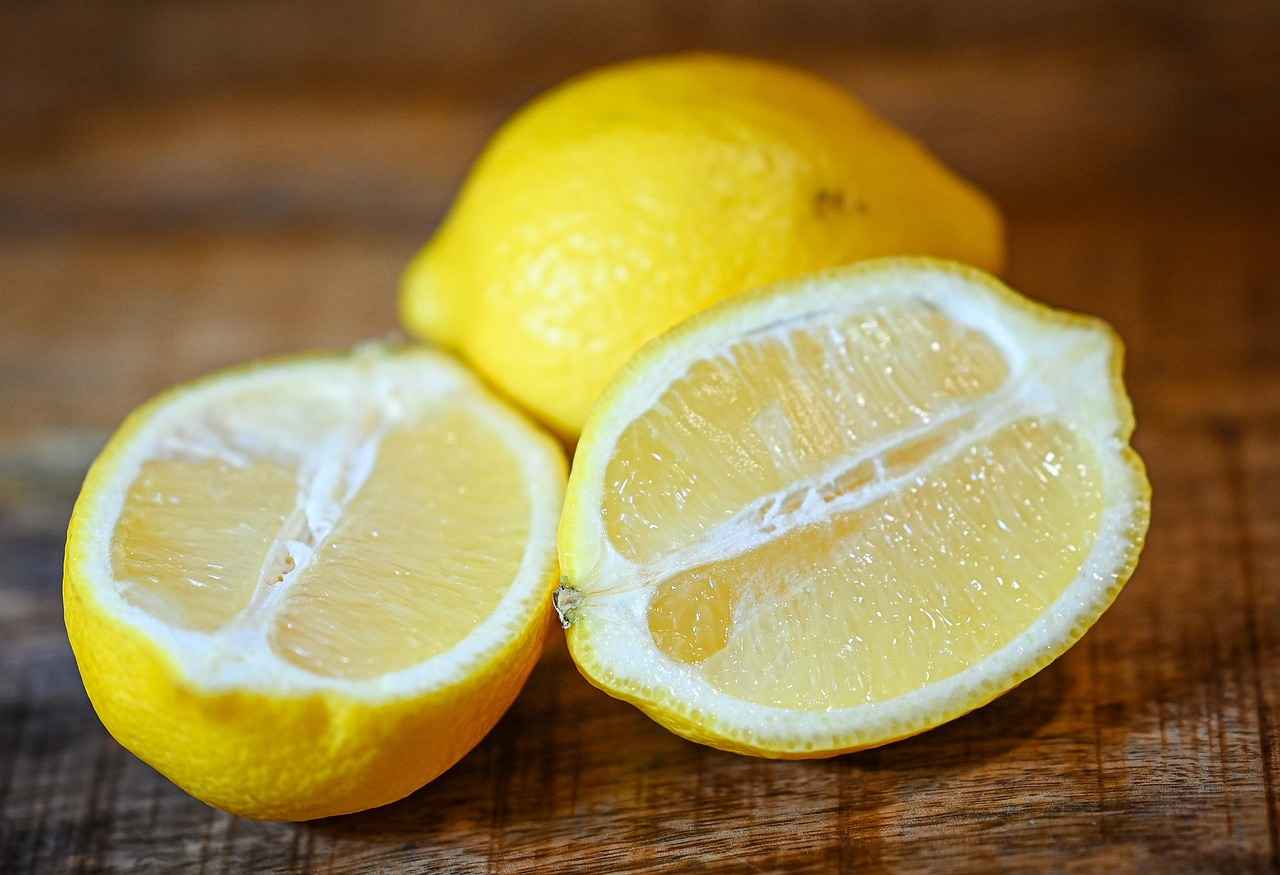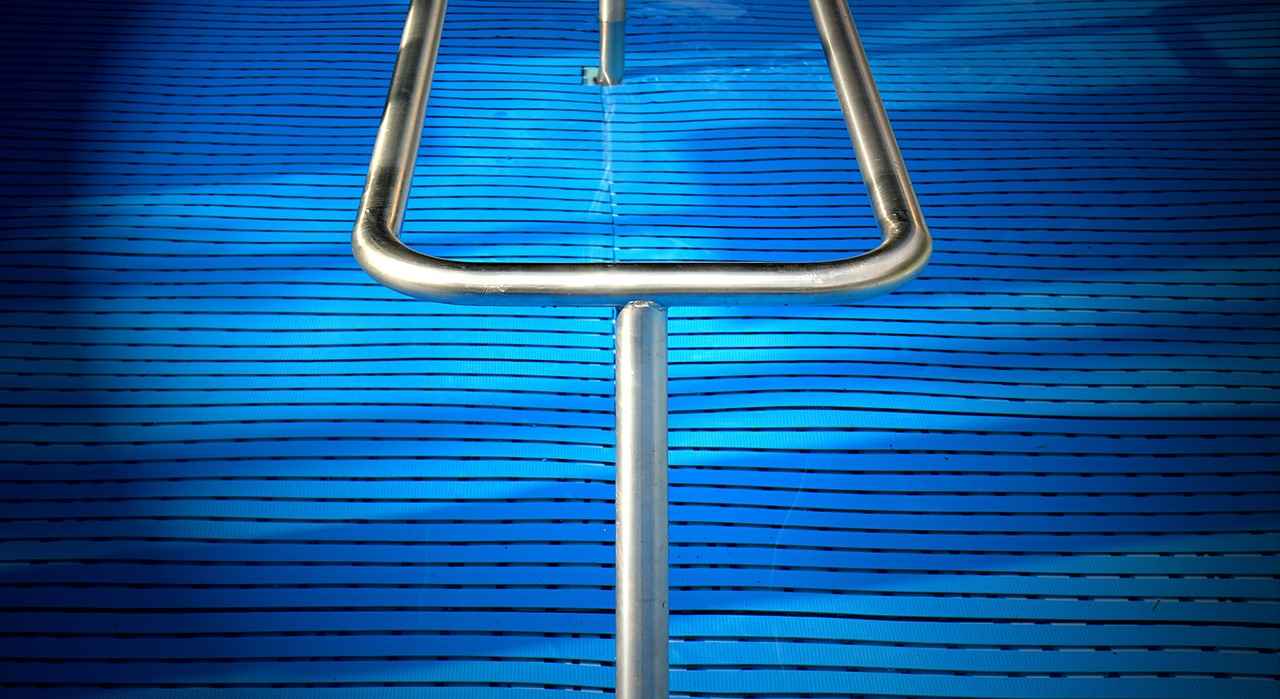Intermittent fasting (IF) has gained popularity as a method for improving health and managing weight. One of the most common questions surrounding this practice is whether you can drink water while fasting. This article delves into the intricate relationship between intermittent fasting and water consumption, addressing prevalent queries and offering insights into how hydration influences fasting and overall health.
Intermittent fasting involves cycling between periods of eating and fasting, allowing the body to enter a state of metabolic switching. This process can enhance fat burning and promote cellular repair. Understanding the principles of IF is crucial for maximizing its benefits.
What is Intermittent Fasting?
Intermittent fasting is not about what you eat but rather when you eat. It typically includes methods like the 16/8 method, where you fast for 16 hours and eat during an 8-hour window, or the 5:2 diet, which allows normal eating for five days and restricts calories for two. Regardless of the method, staying hydrated is essential.
Understanding the Fasting Window
The fasting window is the time during which no calories are consumed. During this period, drinking water is not only allowed but encouraged. Hydration plays a vital role in maintaining energy levels and supporting bodily functions.
Benefits of Drinking Water While Fasting
- Maintaining Hydration: Water helps prevent dehydration, which can lead to fatigue and headaches.
- Supporting Metabolism: Proper hydration can enhance metabolic processes, aiding in weight loss.
- Reducing Hunger: Drinking water can help curb feelings of hunger, making it easier to stick to fasting periods.
Does Water Break a Fast?
A common misconception is that drinking water can break a fast. However, scientific evidence supports that non-caloric beverages, such as water, do not interfere with the fasting state. This section clarifies the distinction between caloric and non-caloric drinks and why water is safe during fasting.
Hydration and Metabolism
Proper hydration is crucial for metabolic efficiency. Research indicates that adequate water intake can boost metabolism by up to 30% for a short period. This metabolic enhancement can be particularly beneficial during fasting, as it supports the body’s natural fat-burning processes.
How Much Water Should You Drink While Fasting?
Determining the right amount of water can be challenging. A general guideline is to aim for at least 2 to 3 liters of water daily, depending on individual needs and activity levels. It’s essential to listen to your body and drink when thirsty.
Signs of Dehydration
Recognizing the signs of dehydration is vital for anyone practicing intermittent fasting. Symptoms may include:
- Dry mouth
- Fatigue
- Dizziness
- Headaches
If these symptoms arise, it’s crucial to hydrate immediately to maintain well-being during fasting.
Hydration Tips for Intermittent Fasting
To ensure adequate hydration while fasting, consider the following tips:
- Start your day with water: Begin your fast with a glass of water to kickstart hydration.
- Keep water accessible: Always have a water bottle nearby to encourage frequent sipping.
- Infuse your water: Adding slices of lemon or cucumber can enhance flavor and make drinking more enjoyable.
In summary, maintaining hydration during intermittent fasting is not only permissible but essential for maximizing the benefits of this dietary approach. By understanding the role of water in fasting, individuals can enhance their overall health and fasting experience.

What is Intermittent Fasting?
Intermittent fasting (IF) is a popular dietary strategy that alternates between designated periods of eating and fasting. This approach not only aids in weight loss but also promotes metabolic health by allowing the body to enter a state of ketosis, where it burns fat for energy. Understanding the core principles of intermittent fasting is essential for anyone looking to implement this method effectively.
At its core, intermittent fasting isn’t about what you eat but rather when you eat. This method encourages a shift in focus from calorie counting to timing your meals, which can lead to sustainable weight management and improved health outcomes. Research suggests that intermittent fasting can help regulate blood sugar levels, enhance brain function, and even extend longevity.
There are several popular methods of intermittent fasting, each with unique guidelines. Among the most common are:
- 16/8 Method: This involves fasting for 16 hours and eating during an 8-hour window, typically from noon to 8 PM. Water, black coffee, and tea are generally allowed during the fasting period.
- 5:2 Diet: This method entails eating normally for five days of the week while restricting calorie intake to about 500-600 calories on the other two days. Hydration plays a critical role in maintaining energy levels during these low-calorie days.
Understanding the fasting window is crucial. This is the timeframe when no caloric intake occurs, allowing the body to utilize stored fat for energy. During this period, hydration is essential. Drinking water not only helps stave off hunger but also supports various bodily functions, including digestion and circulation.
One common question among those engaging in intermittent fasting is, “Does water break a fast?” The answer is generally no. Water is a non-caloric beverage, and consuming it does not interfere with the fasting process. In fact, staying hydrated can enhance metabolic rates and improve overall health.
Proper hydration is vital during fasting as it can help mitigate feelings of fatigue and irritability often associated with hunger. It is recommended to drink at least 2-3 liters of water daily, but individual needs may vary based on activity level and climate. Recognizing the signs of dehydration—such as dry mouth, fatigue, and dizziness—is important to ensure that you remain healthy while practicing intermittent fasting.
To enhance your fasting experience, consider the following hydration tips:
- Start your day with a glass of water to kickstart your metabolism.
- Keep a water bottle handy to remind yourself to stay hydrated.
- Incorporate electrolyte-rich beverages during extended fasting periods to replenish lost minerals.
In summary, intermittent fasting is a flexible dietary approach that can lead to significant health benefits when practiced correctly. By understanding its principles and the importance of hydration, individuals can optimize their fasting experience and achieve their health goals effectively.

Understanding the Fasting Window
The fasting window is a crucial component of intermittent fasting (IF), defining the specific period during which no calories are consumed. Understanding this timeframe is essential for those looking to maximize the benefits of their fasting practice. During the fasting window, the body undergoes various metabolic changes that can enhance fat burning and improve overall health.
One of the most significant aspects of the fasting window is its impact on water intake. While the primary goal of fasting is to abstain from caloric consumption, hydration remains vital. Water is a non-caloric beverage, meaning it does not interfere with the physiological processes that occur during fasting. In fact, maintaining adequate hydration can enhance the effectiveness of your fasting regimen.
During the fasting window, drinking water can help alleviate feelings of hunger and keep energy levels stable. This is particularly important for individuals who may experience fatigue or irritability during fasting periods. Staying hydrated supports essential bodily functions, including digestion, circulation, and temperature regulation.
Moreover, water plays a significant role in metabolic processes. When the body is well-hydrated, it can efficiently break down stored fat for energy, which is a key objective of intermittent fasting. Additionally, proper hydration aids in the detoxification process, helping to flush out toxins that may accumulate during fasting.
It is important to note that while water is encouraged during the fasting window, other beverages, even those with minimal calories, may disrupt the fasting state. For instance, drinks containing artificial sweeteners or flavorings can trigger insulin responses, potentially negating the benefits of fasting. Therefore, sticking to plain water, herbal teas, or black coffee is advisable.
In terms of quantity, the amount of water one should consume during the fasting window can vary based on individual needs. A general guideline is to aim for at least 8-10 cups of water daily, but this can be adjusted based on activity levels, climate, and personal health conditions. Listening to your body and drinking when thirsty is essential.
In summary, the fasting window is not just a period of abstaining from food; it is also a time to focus on hydration. Understanding the importance of water intake during this timeframe can significantly enhance the benefits of intermittent fasting. By prioritizing hydration, individuals can improve their fasting experience, support their metabolic health, and achieve their dietary goals more effectively.
Types of Intermittent Fasting
Intermittent fasting has gained immense popularity as a flexible approach to dieting, allowing individuals to choose how they manage their eating and fasting periods. Among the various methods available, two of the most well-known are the 16/8 method and the 5:2 diet. Each of these methods has unique guidelines and structures, especially concerning water consumption during fasting periods.
- 16/8 Method: This method involves fasting for 16 hours and eating during an 8-hour window. Typically, individuals may choose to skip breakfast and eat from noon to 8 PM. During the fasting phase, drinking water is not only permissible but encouraged. Water helps to suppress hunger and keeps the body hydrated, which is essential for maintaining energy levels throughout the day.
- 5:2 Diet: In this approach, individuals eat normally for five days of the week and restrict calorie intake to around 500-600 calories for the remaining two days. While calorie restriction is crucial on fasting days, hydration remains vital. Drinking water during these low-calorie days can help manage hunger pangs and ensure the body functions optimally.
- Alternate-Day Fasting: This method alternates between days of regular eating and days of fasting, where no calories are consumed. On fasting days, water intake is highly encouraged to prevent dehydration and maintain metabolic functions.
- Warrior Diet: This approach involves undereating during the day and consuming one large meal at night. While undereating, individuals can drink water, herbal teas, or black coffee to stay hydrated and curb hunger.
- Eat-Stop-Eat: This method involves fasting for a full 24 hours once or twice a week. During the fasting period, water is essential for hydration and can help mitigate feelings of hunger.
Each of these methods has its own set of rules and benefits, yet they all share a common theme: the importance of hydration. Water consumption during fasting periods is crucial for several reasons:
- Energy Maintenance: Staying hydrated helps maintain energy levels, which can dip during fasting periods.
- Metabolic Support: Proper hydration aids in metabolic processes, enhancing fat burning and overall health.
- Hunger Management: Drinking water can help manage hunger pangs, making it easier to stick to fasting schedules.
In conclusion, understanding the different types of intermittent fasting and their guidelines on water consumption can significantly enhance the fasting experience. Regardless of the chosen method, ensuring adequate hydration is key to achieving the desired health benefits and maintaining overall well-being.
16/8 Method
The of intermittent fasting is a popular approach that involves fasting for 16 hours and allowing an 8-hour eating window. This method has gained traction due to its simplicity and effectiveness in promoting weight loss and improving metabolic health. One common question that arises during the fasting phase is whether it is permissible to drink water without breaking the fast. This article delves into the relationship between water consumption and intermittent fasting, specifically within the context of the 16/8 method.
During the fasting period, the primary goal is to abstain from consuming any caloric foods or beverages. However, water is an exception to this rule. Drinking water does not introduce any calories into the body, making it a safe and beneficial option during the fasting hours. In fact, staying hydrated is essential for maintaining optimal bodily functions, especially when food intake is restricted.
Water serves multiple purposes during fasting. Firstly, it helps to regulate body temperature and supports various metabolic processes. Secondly, drinking water can help curb feelings of hunger, making it easier to adhere to the fasting schedule. Many individuals find that staying well-hydrated can significantly reduce cravings and enhance their overall fasting experience.
It’s important to note that not all beverages are created equal when it comes to fasting. While water is highly encouraged, drinks that contain calories, such as juices, sodas, or even coffee with cream, can break the fast and disrupt the metabolic benefits associated with fasting. Therefore, it is crucial to stick to non-caloric beverages during the fasting window.
In terms of quantity, the amount of water one should drink during the fasting phase can vary based on individual needs, activity levels, and environmental factors. A general guideline is to aim for at least 2 to 3 liters of water per day, adjusting as necessary to ensure proper hydration. Listening to your body and drinking when you’re thirsty is also a practical approach.
Recognizing the signs of dehydration is vital for anyone practicing the 16/8 method. Common symptoms include:
- Dry mouth
- Fatigue
- Dizziness
- Dark yellow urine
If you experience any of these symptoms, it is essential to increase your water intake to avoid complications. Additionally, incorporating electrolyte-rich beverages (without calories) during the eating window can help maintain electrolyte balance, especially if you are engaging in physical activities.
In summary, the 16/8 method of intermittent fasting allows for water consumption during the fasting phase without breaking the fast. Staying hydrated is not only beneficial for curbing hunger but also essential for overall health and well-being. By adhering to these guidelines and understanding the importance of hydration, individuals can successfully navigate their fasting journey while reaping the numerous benefits that intermittent fasting has to offer.
5:2 Diet
The is a popular intermittent fasting method that allows individuals to enjoy regular meals for five days of the week while restricting calorie intake for the remaining two days. This unique approach not only promotes weight loss but also encourages healthier eating patterns and metabolic benefits. In this article, we delve deeper into how hydration plays a crucial role in this fasting strategy, particularly during the calorie-restricted days.
When following the 5:2 diet, it is essential to maintain adequate hydration, especially on fasting days. Water is a vital component for overall health, and it becomes even more significant when calorie intake is limited. Staying hydrated can help manage hunger, support metabolic processes, and enhance overall well-being.
- Suppresses Hunger: Drinking water can help reduce feelings of hunger, making it easier to stick to calorie restrictions.
- Boosts Metabolism: Adequate hydration supports metabolic functions, which can enhance fat burning.
- Improves Energy Levels: Staying hydrated helps maintain energy, preventing fatigue during fasting periods.
- Supports Digestion: Water aids in digestion and helps prevent constipation, which can be a concern when calorie intake is low.
While individual hydration needs may vary, a common recommendation is to aim for at least 2 to 3 liters of water per day, especially on fasting days. This can include herbal teas and other non-caloric beverages that do not break the fast. Listening to your body and drinking water when you feel thirsty is also essential.
It’s important to recognize the signs of dehydration, especially while fasting. Common symptoms include:
- Dry Mouth: A noticeable lack of moisture in the mouth.
- Fatigue: Increased tiredness or lethargy.
- Dizziness: Feeling lightheaded or faint.
- Dark Urine: A sign that your body may need more fluids.
Here are some effective strategies to ensure you stay hydrated while following the 5:2 diet:
- Set Reminders: Use phone alerts to remind you to drink water regularly.
- Infuse Your Water: Add slices of fruits or herbs to your water for a refreshing taste.
- Keep Water Accessible: Always have a water bottle handy to encourage frequent sipping.
- Track Your Intake: Consider using an app to monitor your daily water consumption.
In summary, hydration is a critical aspect of the 5:2 diet. By ensuring you drink enough water, you can enhance your fasting experience, support your metabolism, and maintain overall health. Remember, while the 5:2 diet allows for normal eating on non-fasting days, staying hydrated on fasting days is essential for achieving the best results.
Benefits of Drinking Water While Fasting
When engaging in intermittent fasting, one of the most critical aspects to consider is hydration. Staying hydrated during fasting is essential not only for maintaining energy levels but also for supporting various bodily functions. This section will delve into the numerous benefits of drinking water while fasting, highlighting why it should be a key focus during your fasting periods.
- Enhances Energy Levels: One of the most immediate benefits of drinking water during fasting is the boost in energy levels. Dehydration can lead to fatigue and sluggishness, making it harder to maintain focus and productivity. Staying hydrated helps to keep your energy levels stable, allowing you to navigate your fasting periods with ease.
- Supports Metabolism: Water plays a crucial role in metabolic processes. During fasting, your body continues to burn calories, and proper hydration can enhance this metabolic rate. Studies suggest that even mild dehydration can slow down metabolism, making it essential to keep water intake high.
- Aids Digestion: Although you’re not eating during the fasting window, drinking water can aid in digestion when you do consume food. It helps in breaking down food and absorbing nutrients effectively, ensuring your body functions optimally.
- Regulates Body Temperature: Hydration is vital for thermoregulation. When fasting, your body may struggle to maintain its temperature, especially if you engage in physical activities. Drinking water helps to regulate your body temperature, preventing overheating or excessive cooling.
- Reduces Hunger Pangs: Many individuals experience hunger pangs during fasting. Drinking water can help mitigate these feelings, as it fills the stomach and can trick your brain into thinking you are less hungry. This can make it easier to adhere to your fasting schedule.
- Promotes Detoxification: Water is essential for flushing out toxins from the body. During fasting, your body undergoes various detoxification processes. Adequate hydration supports kidney function and helps to eliminate waste products efficiently.
- Improves Mood and Cognitive Function: Dehydration can negatively impact your mood and cognitive abilities. By staying hydrated, you can improve your overall mental clarity and emotional state, making it easier to stick to your fasting regimen.
It is clear that the benefits of drinking water while fasting extend far beyond mere hydration. The positive effects on energy levels, metabolism, and overall bodily functions make it a vital component of any fasting protocol. Therefore, it is highly recommended to prioritize water consumption during your fasting periods to maximize the health benefits associated with intermittent fasting.
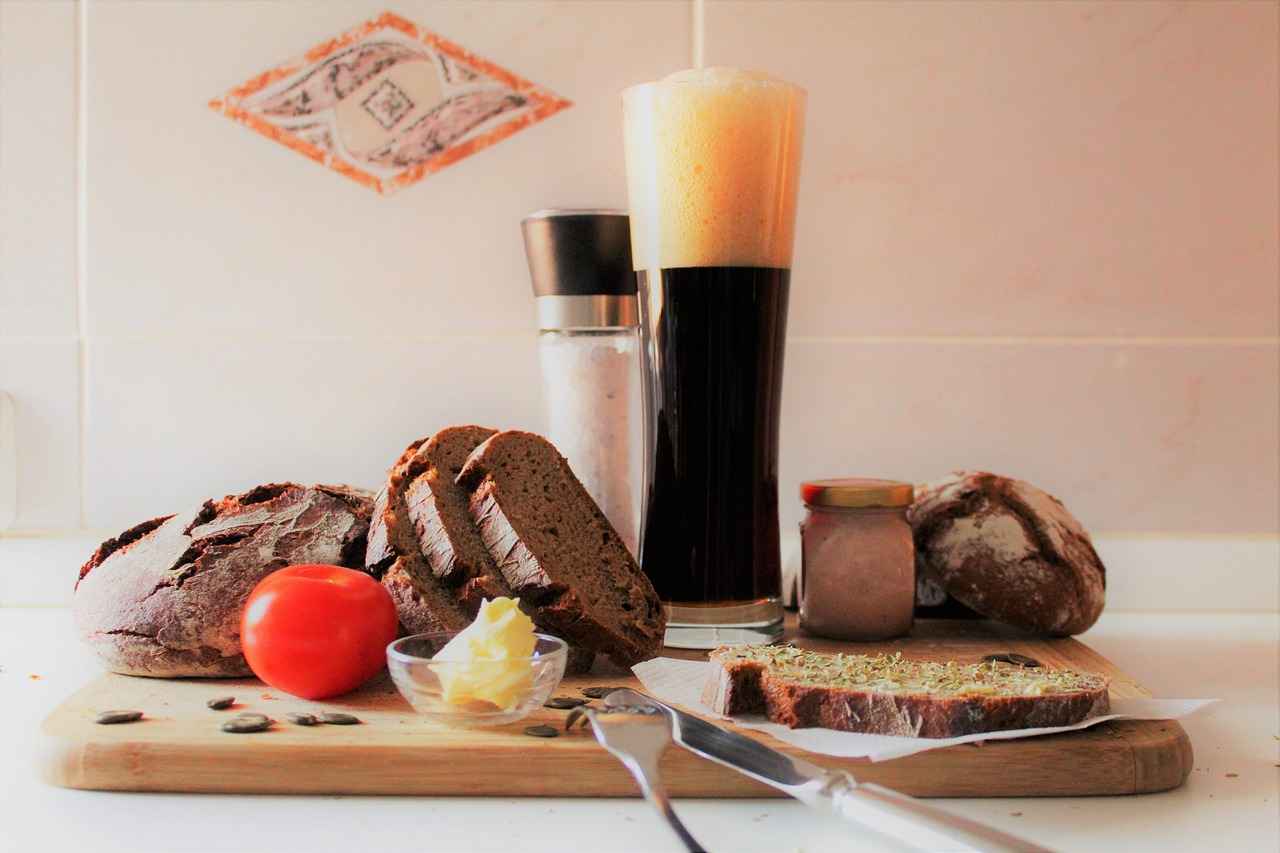
Does Water Break a Fast?
A common question among those practicing intermittent fasting is whether consuming water breaks a fast. This inquiry is essential for anyone looking to maximize the benefits of their fasting regimen. To provide clarity, we will explore scientific evidence and expert opinions on the role of water during fasting periods.
Intermittent fasting (IF) is a popular dietary approach that alternates between periods of eating and fasting. During the fasting window, the goal is to abstain from caloric intake, allowing the body to enter a state of ketosis and promote fat burning. However, hydration remains a vital component of health, leading to the question: can water be consumed without breaking the fast?
Scientific Consensus on Water Consumption
Experts generally agree that drinking water does not break a fast. Water is a non-caloric beverage, meaning it contains no calories that would trigger metabolic processes associated with digestion. Research indicates that staying hydrated can even enhance the benefits of fasting by supporting metabolic functions and improving overall health.
Hydration and Fasting Benefits
- Maintains Energy Levels: Proper hydration can help sustain energy throughout fasting periods, preventing fatigue and promoting alertness.
- Supports Metabolism: Drinking water can boost metabolic rates, aiding in weight loss and fat oxidation.
- Promotes Detoxification: Water helps flush out toxins, supporting the body’s natural detox processes during fasting.
Caloric vs. Non-Caloric Beverages
Understanding the distinction between caloric and non-caloric beverages is crucial. While drinks like juices, sodas, or alcohol contain calories and can disrupt fasting, water, herbal teas, and black coffee are generally accepted. These beverages can be consumed freely during fasting periods without interfering with the desired physiological effects of fasting.
Expert Opinions on Water Intake
Nutritionists recommend drinking adequate amounts of water during fasting to prevent dehydration. A common guideline is to aim for at least 2-3 liters of water daily, adjusting based on individual needs and activity levels. Listening to your body is key; if you feel thirsty, it’s a signal to hydrate.
Signs of Dehydration
Recognizing the signs of dehydration is essential for those practicing intermittent fasting. Symptoms may include:
- Dizziness or lightheadedness
- Dry mouth and throat
- Fatigue and weakness
- Dark yellow urine
If you experience any of these symptoms, it’s important to drink water immediately to restore hydration levels.
Hydration Tips for Intermittent Fasting
To ensure optimal hydration while fasting, consider these practical tips:
- Start Your Day with Water: Begin your day by drinking a glass of water to kickstart hydration.
- Keep Water Accessible: Always have a water bottle nearby to encourage regular sipping.
- Infuse Your Water: For added flavor, consider infusing water with lemon, cucumber, or mint, as long as it remains calorie-free.
In summary, water does not break a fast and is crucial for maintaining health during intermittent fasting. Staying hydrated supports energy levels, metabolism, and overall well-being, making it an essential practice for anyone engaging in fasting. By understanding the role of water in fasting, individuals can enhance their fasting experience and achieve their health goals more effectively.
Caloric vs. Non-Caloric Beverages
When it comes to intermittent fasting, understanding the distinction between caloric and non-caloric beverages is crucial. This knowledge not only helps in maintaining the integrity of your fasting period but also enhances your overall health during this dietary practice.
Caloric beverages are drinks that contain calories, primarily derived from sugars, fats, or proteins. Common examples include:
- Sodas
- Fruit juices
- Alcoholic beverages
- Sweetened teas and coffees
These drinks can lead to an increase in insulin levels, which may disrupt the fasting state and negate the benefits of fasting, such as fat burning and improved metabolic health.
On the other hand, non-caloric beverages, such as water, herbal teas, and black coffee, do not contain calories and are generally considered safe during fasting. Here’s why:
- Water is essential for hydration: During fasting, it’s vital to stay hydrated. Water helps maintain bodily functions and supports metabolic processes.
- Zero impact on insulin levels: Since water contains no calories, it does not trigger an insulin response, allowing the body to remain in a fasted state.
- Supports detoxification: Drinking water can aid in flushing out toxins and waste products from the body, enhancing overall health.
Moreover, consuming non-caloric beverages can help curb hunger pangs, making it easier to adhere to fasting protocols. For example, many people find that drinking a glass of water or herbal tea can alleviate feelings of hunger during the fasting window.
It’s important to note that not all non-caloric beverages are created equal. While plain water is ideal, some flavored waters or teas may contain artificial sweeteners, which could potentially have an impact on insulin sensitivity for some individuals. Therefore, it’s advisable to stick with plain water or natural herbal teas without added sweeteners during fasting periods.
In conclusion, the distinction between caloric and non-caloric beverages plays a significant role in the effectiveness of intermittent fasting. While caloric beverages can disrupt the fasting state and hinder weight loss efforts, non-caloric options like water are beneficial and support the fasting experience. Staying informed about what you consume during fasting can greatly influence your results and overall well-being.
Hydration and Metabolism
Proper hydration plays a crucial role in supporting metabolic processes, especially during fasting periods. When individuals engage in intermittent fasting, they often focus on what they eat during their eating windows, but the importance of water consumption cannot be overstated. This section explores how drinking water can enhance metabolism and facilitate weight loss, providing insights into the physiological mechanisms involved.
Water is essential for various metabolic functions, including nutrient transport, thermoregulation, and the removal of waste products. During fasting, the body undergoes significant metabolic changes, and staying adequately hydrated is vital for maintaining optimal physiological performance. When the body is dehydrated, metabolic processes can slow down, leading to decreased energy levels and impaired fat oxidation.
One of the primary ways that water enhances metabolism is through its role in the thermogenic effect. Drinking water can temporarily increase the number of calories burned as the body works to heat the ingested water to body temperature. Studies have shown that drinking approximately 500 ml of cold water can increase metabolic rate by about 30% for 30-40 minutes. This thermogenic effect can be particularly beneficial for those practicing intermittent fasting, as it provides a natural boost to calorie expenditure.
Additionally, proper hydration helps to maintain muscle function and energy levels during fasting. When the body is well-hydrated, it can efficiently utilize stored fat as an energy source, which is a key component of weight loss. Dehydration, on the other hand, can lead to muscle fatigue and decreased performance, making it more challenging to adhere to a fasting regimen.
Moreover, drinking water can help curb hunger pangs that often arise during fasting periods. Many people mistake thirst for hunger, leading to unnecessary snacking or overeating during eating windows. By staying hydrated, individuals can better manage their appetite, making it easier to stick to their fasting schedule and achieve their weight loss goals.
In addition to its role in metabolism and appetite control, water is also crucial for detoxification. During fasting, the body engages in a process of cellular repair and regeneration, which can release toxins into the bloodstream. Adequate water intake supports the kidneys in filtering these toxins, ensuring that the body remains healthy and functions optimally during fasting.
To maximize the benefits of hydration during intermittent fasting, it is essential to consume sufficient amounts of water. While the exact amount can vary based on individual needs, a general guideline is to aim for at least 2-3 liters per day. This can be adjusted based on factors such as activity level, climate, and individual health conditions.
In conclusion, maintaining proper hydration is vital for enhancing metabolism and supporting weight loss during fasting periods. By prioritizing water intake, individuals can optimize their fasting experience, improve metabolic efficiency, and achieve their health and wellness goals more effectively.
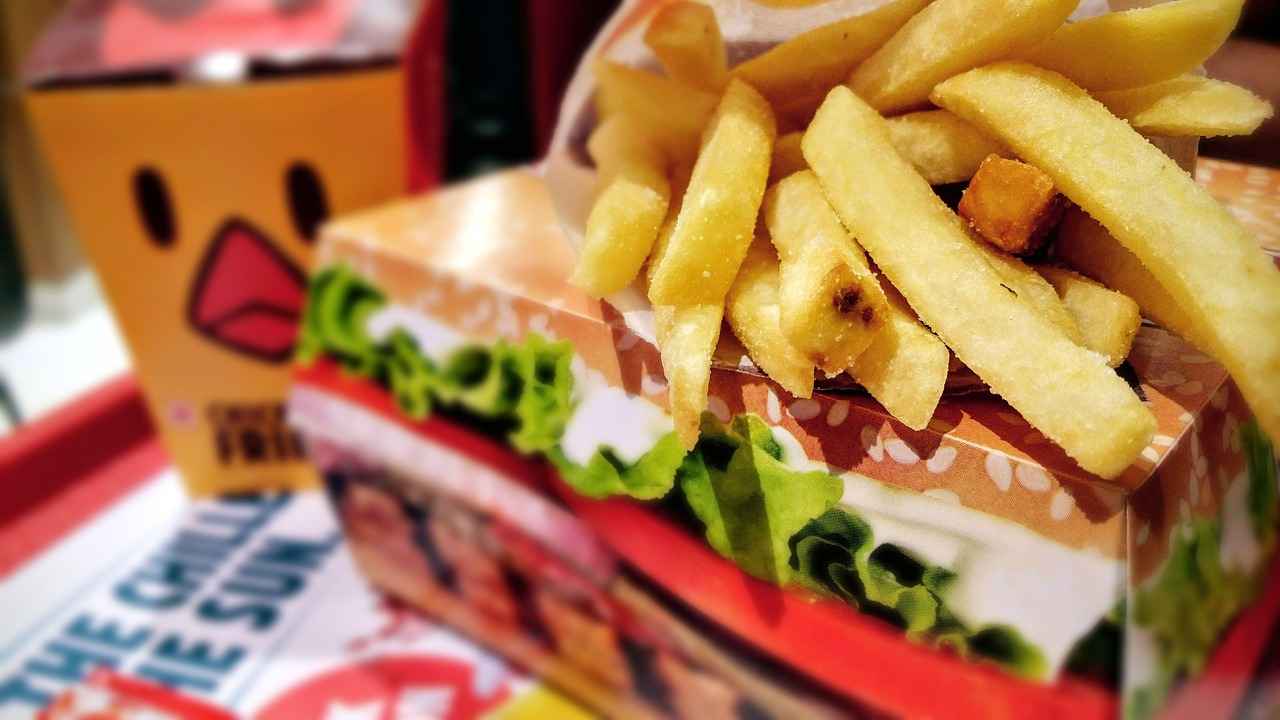
How Much Water Should You Drink While Fasting?
When engaging in intermittent fasting, understanding how much water to drink is essential for maintaining optimal health and well-being. While the fasting period allows for no caloric intake, hydration remains a critical factor that can influence your fasting experience. Below, we outline practical guidelines and tips to help you stay adequately hydrated during your fasting window.
During fasting, it is recommended to drink at least 2 to 3 liters of water daily, depending on your body weight, activity level, and environmental conditions. This can help prevent dehydration and support various bodily functions. Here are some tips to ensure you meet your hydration needs:
- Listen to Your Body: Pay attention to thirst cues. If you feel thirsty, it’s a sign that your body needs water.
- Spread Out Water Intake: Instead of consuming large amounts of water at once, try to drink smaller amounts throughout the day.
- Monitor Urine Color: A light yellow color indicates proper hydration, while dark yellow suggests dehydration.
Several factors can affect how much water you need while fasting:
- Activity Level: Increased physical activity can lead to greater fluid loss, necessitating higher water intake.
- Climate: Hot and humid weather can cause you to sweat more, increasing your hydration needs.
- Individual Health Conditions: Certain health issues may require adjustments to your fluid intake. Always consult a healthcare provider if unsure.
Recognizing the signs of dehydration is crucial during fasting. Common symptoms include:
- Dry Mouth: A persistent dry feeling can indicate a need for more fluids.
- Fatigue: Feeling unusually tired or sluggish may be a sign of inadequate hydration.
- Headaches: Dehydration can often lead to headaches, especially during fasting.
To enhance your fasting experience, consider these hydration tips:
- Start Your Day with Water: Begin your day by drinking a glass of water to kickstart hydration.
- Infuse Your Water: Add slices of lemon, cucumber, or mint to your water for flavor without calories.
- Use a Water Tracking App: Consider using an app to track your water intake throughout the day.
By following these guidelines and being mindful of your hydration needs, you can effectively support your body during fasting periods. Remember, staying hydrated is not just about drinking water but about listening to your body and responding to its needs.
Signs of Dehydration
When practicing intermittent fasting, maintaining proper hydration is essential for your overall health and well-being. Recognizing the signs of dehydration is crucial, as even mild dehydration can impact your fasting experience. Below, we explore the symptoms associated with dehydration and effective strategies to address them.
- Thirst: The most obvious sign, thirst is your body’s way of signaling that it needs more fluids. If you find yourself feeling thirsty during your fasting window, it’s a clear indication to hydrate.
- Dry Mouth and Lips: A dry mouth or chapped lips can be a sign of dehydration. This occurs when your body lacks sufficient water to produce saliva.
- Fatigue: Feeling unusually tired or lethargic can be a symptom of dehydration. Water helps maintain energy levels, and a deficit can lead to fatigue.
- Headaches: Dehydration often triggers headaches or migraines. If you experience frequent headaches while fasting, consider increasing your water intake.
- Dizziness: A drop in blood volume due to dehydration can cause dizziness or lightheadedness. If this occurs, it’s essential to hydrate promptly.
- Dark Urine: The color of your urine can indicate your hydration level. Dark yellow or amber urine suggests dehydration, while light yellow typically indicates adequate hydration.
- Constipation: Insufficient water intake can lead to digestive issues, including constipation. Staying hydrated helps maintain regular bowel movements.
To effectively address dehydration while practicing intermittent fasting, consider the following strategies:
- Drink Water Regularly: Aim to drink water consistently throughout your fasting window. Carry a water bottle to remind yourself to hydrate.
- Electrolyte Balance: Adding a pinch of salt or consuming electrolyte-rich beverages can help maintain your electrolyte levels during fasting.
- Monitor Your Symptoms: Pay attention to your body’s signals. If you notice any signs of dehydration, act quickly to rehydrate.
- Incorporate Hydrating Foods: If your fasting method allows for it, include hydrating foods like cucumbers, watermelon, and oranges in your eating window.
In summary, recognizing the signs of dehydration is vital for anyone practicing intermittent fasting. By understanding these symptoms and implementing effective hydration strategies, you can ensure a healthier and more successful fasting experience.
Hydration Tips for Intermittent Fasting
Staying hydrated during intermittent fasting is essential for maximizing the benefits of your fasting regimen. Proper hydration not only supports your body’s essential functions but also enhances your overall fasting experience. Below are some practical hydration tips to help you remain well-hydrated while fasting.
- Drink Water Before You Start Fasting: Begin your fasting period well-hydrated. Consuming a glass of water or two before your fasting window can help prepare your body for the upcoming hours without food.
- Set Reminders: It can be easy to forget to drink water, especially during busy days. Set reminders on your phone or use a hydration app to keep track of your water intake during your eating window.
- Infuse Your Water: If plain water feels boring, try infusing it with fruits, herbs, or vegetables. Adding slices of lemon, cucumber, or mint can make your hydration routine more enjoyable without adding calories.
- Carry a Water Bottle: Always have a refillable water bottle with you. This not only encourages you to drink more water but also helps you keep track of your intake throughout the day.
- Monitor Your Urine Color: A simple way to check your hydration status is to observe the color of your urine. Aim for a light yellow hue, which indicates proper hydration levels.
- Drink Electrolyte Water: During longer fasting periods, consider consuming electrolyte-enhanced water. This can help replenish essential minerals without breaking your fast.
- Listen to Your Body: Pay attention to your body’s signals. If you feel thirsty or fatigued, it’s a sign that you need to hydrate. Don’t ignore these cues.
Incorporating these hydration tips into your intermittent fasting routine can significantly enhance your experience. Remember, staying hydrated is not just about drinking water; it’s about ensuring your body functions optimally during fasting. By following these practical tips, you will not only improve your fasting results but also support your overall health and well-being.
Frequently Asked Questions
- Can I drink water while fasting?
Absolutely! Drinking water during your fasting period is not only allowed but highly recommended. It helps keep you hydrated, supports your metabolism, and can even curb hunger pangs. Think of water as your best friend during fasting!
- Does drinking water break my fast?
Nope, drinking water does not break your fast. Since water contains no calories, it won’t interfere with the fasting process. It’s like having a zero-calorie superhero on your side while you fast!
- How much water should I drink while fasting?
While there’s no one-size-fits-all answer, a general guideline is to aim for at least 8-10 cups (about 2-2.5 liters) of water daily. Listen to your body—if you’re feeling thirsty, it’s a sign you need to hydrate!
- What are the signs of dehydration during fasting?
Watch out for symptoms like dry mouth, fatigue, dizziness, or dark-colored urine. If you notice these signs, it’s time to grab a glass of water and replenish those fluids!
- Are there any benefits to drinking water while fasting?
Definitely! Drinking water can help boost your metabolism, reduce feelings of hunger, and improve your overall energy levels. It’s like giving your body a refreshing boost while you fast!
